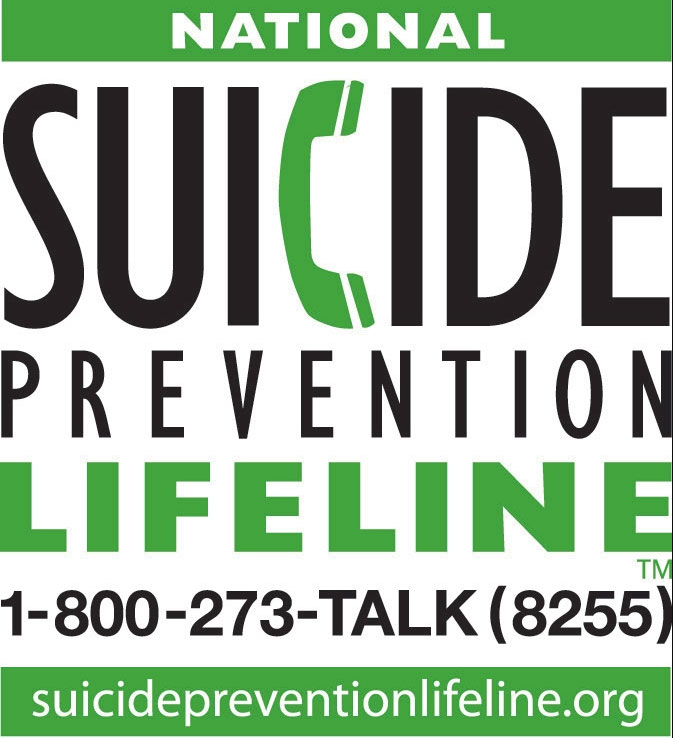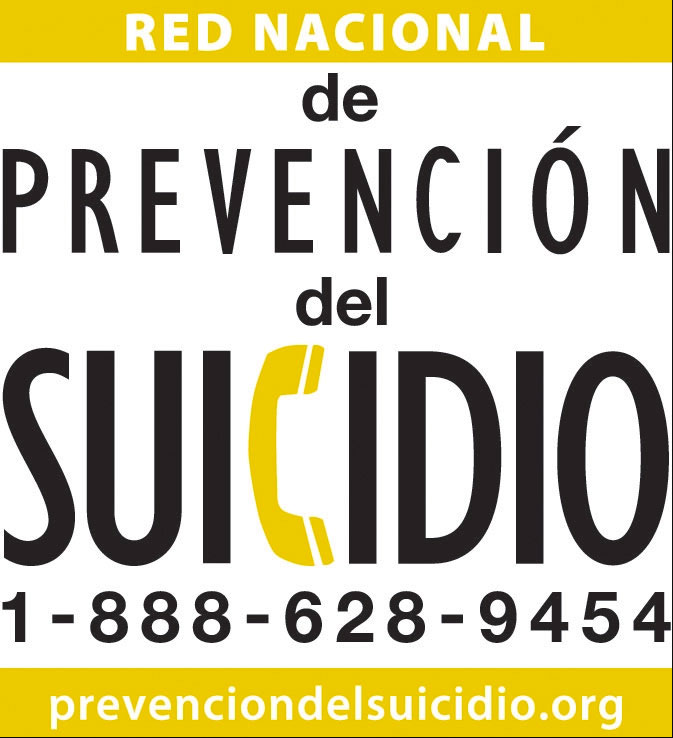First Responders
First Responders work in demanding, complex environments that require extensive training and quick decision-making. The general public relies on these courageous men and women for protection and rescue.
Being at the forefront of danger or disaster takes its toll. According to the First Responders Center, First Responders are faced with stressors that go beyond what the general population may experience.
The Substance Abuse and Mental Health Administration (SAMHSA) found that first responders are at risk of stress, PTSD, depression, substance use, and suicide ideation and attempts due to the nature of their work.
According to the International Association of Chiefs of Police (IACP), vicarious trauma (the exposure to the traumatic experiences of other people) is an inevitable occupational challenge for the field of law enforcement. These experiences can challenge the emotional health of first responders.
What are the Typical Signs and Symptoms for Concern?
- Depression
- Anxiety
- Decline in self care
- Increase in alcohol or substance use
- Relationship issues
- Fatigue
- Anger/ Violence
- Impulsive behavior
- Suicidal thoughts
- Intrusive thoughts
- Difficult with sleep
- Irritability
- Mood swings
- Headaches
- Decreased concentration
- Hypervigilance
- Exaggerated startle response
- Decrease interest in home life/hobbies
- Despair/hopelessness
What Keeps First Responders from Seeking Help?
- Stigma of seeking help
- Fear of being perceived as “weak”
- Culture of invincibility
- Fear of losing their job
- Being alienated from peers
- Difficulty finding a helping professional that understands First Responder culture
- Perceived as being “out of control”
How Can First Responders Protect Their Mental Well-Being?
Increase Resilience
First responders spend countless hours learning to understand risk and prepare for emergencies while building their strength and endurance.
However, we often forget the importance of increasing our own resilience. Resilience is not an inherited character trait. Instead, it is a skill that must be practiced and honed. Increasing resilience helps mitigate any mental injury that is a result of occupational stress.
These steps can increase personal resilience:
- Build healthy and positive social connections.
- Exercise daily.
- Develop and maintain healthy eating habits.
- Decrease unhealthy coping techniques such as alcohol and drug use.
- Identify people who are positive influences and can provide support during times of stress.
- Seek support from professionals to help manage your emotional health.
- Talk with family and friends about how they can support you.
- Use healthy stress management strategies every day, not just when stress is at its highest.
For information on resilience for first responders can be found, head to Resilience Resources for Emergency Response and Firefighters Helping Firefighters.
Manage Occupational and Personal Stress
- Develop a self-care plan focused on three key areas: physical, mental and spiritual self-care.
- Seek support from a peer, loved one or a helping professional for help with accountability and encouragement.
- Take regular breaks and get sleep.
- Know that your health is just as important as the people you are helping.
- Limit the use of caffeine, alcohol and other drugs.
- Seek out supportive peers who can help with understanding and managing stress.
For more ideas about managing stress for a first responder, visit Emergency Responders: Tips for Taking Care of Yourself
Learn about Suicide Prevention, Signs and Symptoms
The Ruderman White Paper on Mental Health and Suicide of First Responders states that firefighters and law enforcement officers are more likely to die by suicide than from a line-of-duty death. First Responders are at a higher risk given their constant occupational exposures to death and destruction.
Suicide Risk Factors
- Threatens to harm themselves
- Has history of previous suicide attempts
- Expresses a plan to kill themselves
- Angry or highly agitated
- Sad or depressed
- Dependent upon alcohol
- Hopeless or helpless
- Having problems at work or home
- Socially isolated, withdrawn
- Problems with sleep, appetite or weight
- Increased risk-taking behavior
How to Help
- Do not be afraid to ask, “Are you thinking of hurting yourself” or “Are you thinking about suicide?”
- Intervene immediately. Take swift action. Use active listening and seek assistance immediately.
- Don’t keep it a secret. Tell someone.
- Locate help. Stay with the person and call someone or escort them for help.
- Inform Command. Supervisors can secure immediate and long-term assistance.
- Find someone to remain with the person. Don’t ever leave them alone.
- Get help now. An at-risk person needs immediate attention from professionals.
For immediate assistance, contact:
Fire/EMS Helpline: 1-888-731-3473
National Suicide Prevention Lifeline: 1-800-273-8255
CopLine: 1-800-267-5463, available for the United States and Canada.
National efforts to reduce the stigma and increase awareness:
Center for Firefighter Behavioral Health.
Everyone Goes Home National Fallen Firefighter Foundation.
First Responder Lifeline American Addiction Centers.
Law Enforcement Suicide Prevention and Awareness International Association of Chiefs of Police.
Share the Load National Volunteer Fire Council.
Tools for Firefighter Suicide Prevention Center for Firefighter Behavioral Health.



